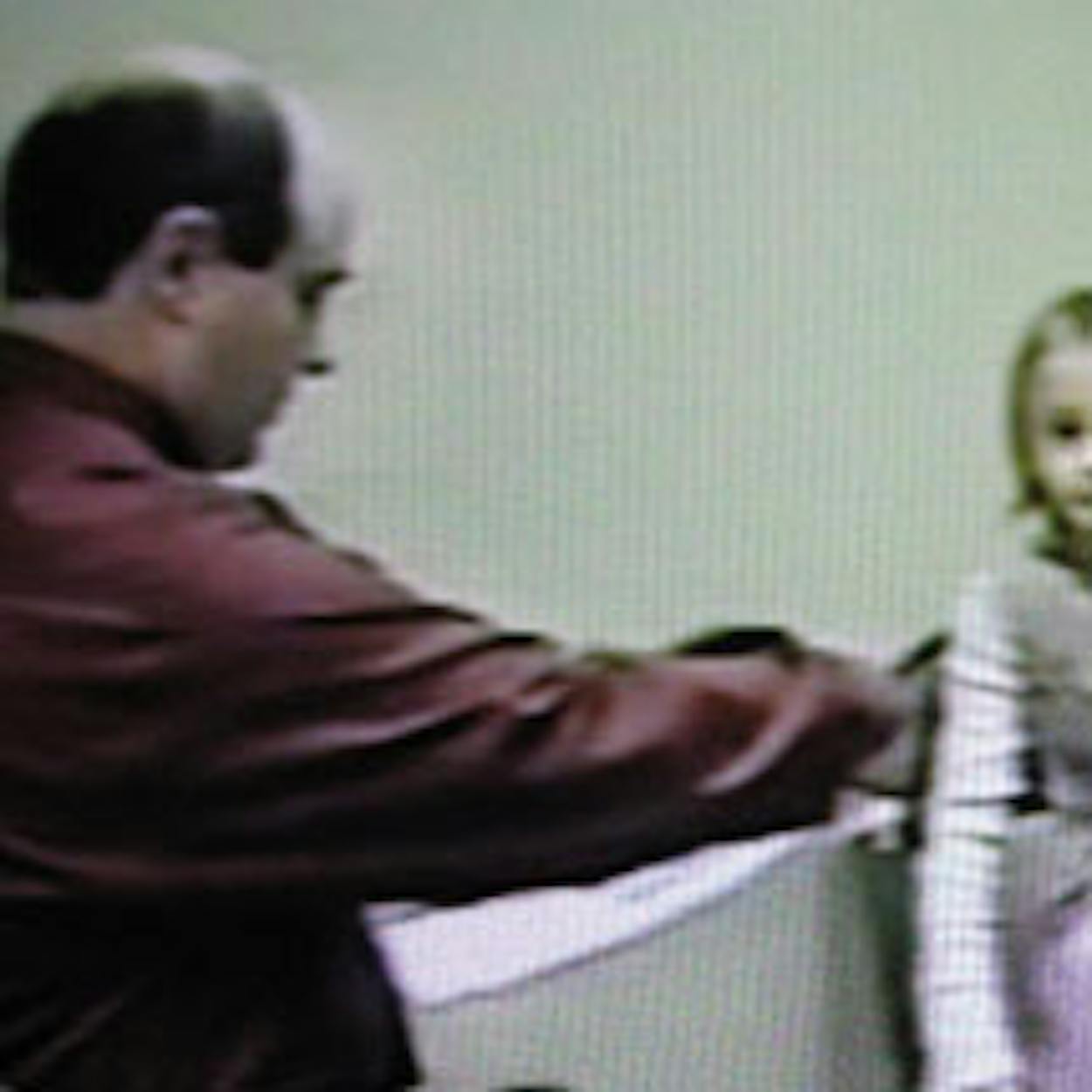What does a district attorney do when the chief investigator in the biggest child sex ring case in state history turns out to have been hiding important evidence? If you are Matt Bingham, district attorney of Smith County, you try to get as far away from the case as you possibly can. You call in the attorney general’s office for help. And you hunker down and hope the resulting investigation doesn’t make your office look like one that casually convicts innocent people.
And that is a real danger for Bingham. The so-called Mineola swingers club cases, which I wrote about in April (“Across the Line”), were already pretty dodgy, even before the latest revelations. Three adults were convicted of running a sex kindergarten for kids and then putting them onstage for shows at a swingers club in Mineola (three more defendants await trial). There was no physical evidence against the adults, and there were no grown-up witnesses—just the inconsistent and often bizarre words of five young children.
The leader of the investigation was Texas Ranger Philip Kemp, who never even visited some of the alleged crime scenes and who broke all kinds of professional protocols in interviewing the alleged child victims. Now it turns out that Kemp was hiding evidence. A series of July pretrial hearings in Tyler for the next defendant, Dennis Pittman, revealed that in particular Kemp had not told the truth about an early interview with the first two child victims. At a July 2 hearing, Pittman’s attorney, Jason Cassel, asked Kemp about August 17, 2005, interviews with the two kids—interviews none of the defense lawyers in the first three trials had been told about. “I don’t know anything about those,” replied Kemp. “I’ve never seen them.” (He also claimed he had never seen or heard of two other interviews, also conducted in 2005.) Cassel asked him again about those August 2005 interviews at a July 30 hearing. But Cassel had in the meantime found some of Kemp’s handwritten notes that were made while watching a video of the interview. At that July 30 hearing Cassel held up the notes and asked Kemp if it was his writing. It was, said Kemp. Then Cassel revealed that the writing obviously referenced the August video. “So you watched the video from August 17, 2005, that you denied ever watching, correct?” Kemp replied, “I must have.”
This revelation capped a bad month of hearings for the prosecution, during which all kinds of evidence that never made it into the first three trials was revealed, such as the seven different interviews with those five children in which they either never mentioned a sex kindergarten or sex club or they denied that they knew anything about either one. Then there were the interviews with eight other local children, all of whom also denied knowing anything about a sex kindergarten or club.
All of this was enough for Bingham. According to Tyler defense attorney Bobby Mims, on Thursday, July 30, Bingham told trial judge Jack Skeen that he was going to recuse his office from the case because of the possible violations of the prosecution’s obligation to turn over all exculpatory evidence to the defense. (The planned recusal was reported that evening on Tyler’s CBS affiliate, KYTX.) Bingham also asked the AG’s office to step in and take over the still-pending Pittman case. But on July 31 Lisa Tanner, assistant attorney general, refused. She did this in a group telephone conversation and, according to Mims, who was a part of the group (he has become, in his words, “something of a spokesperson for the defense bar in Smith County”), she said she was worried about her office’s workload and the ability of the attorneys to do a thorough job before a fall trial date. But Tanner told Bingham the AG would assist in his prosecution, and so later on July 31 he asked Skeen for a continuance in the Pittman trial. Skeen agreed to it, and now the AG is sending two investigators to Tyler.
What will they find? A complicated case, a lot of documents, and some very nervous people. When trying to summarize something as byzantine and maddening as the Mineola and Tyler child sex ring cases, it’s always tempting to sum up by using the phrase the bottom line is… But there are so many bottom lines here. For example: The bottom line is, there is still no evidence that these people committed any crimes.
Or, the bottom line is, at first every single alleged child victim denied anything ever happened to him or her—sometimes repeatedly.
Or, the bottom line is, this investigation was botched from the start.
Or, in the words of Mims, “The bottom line is, these people are innocent.”









